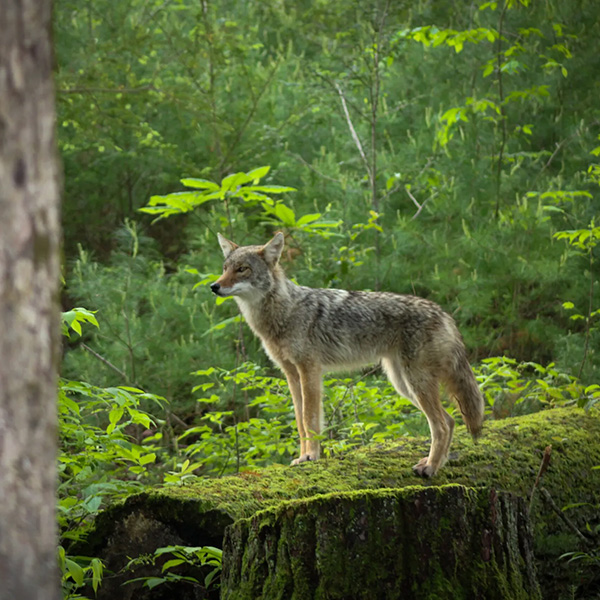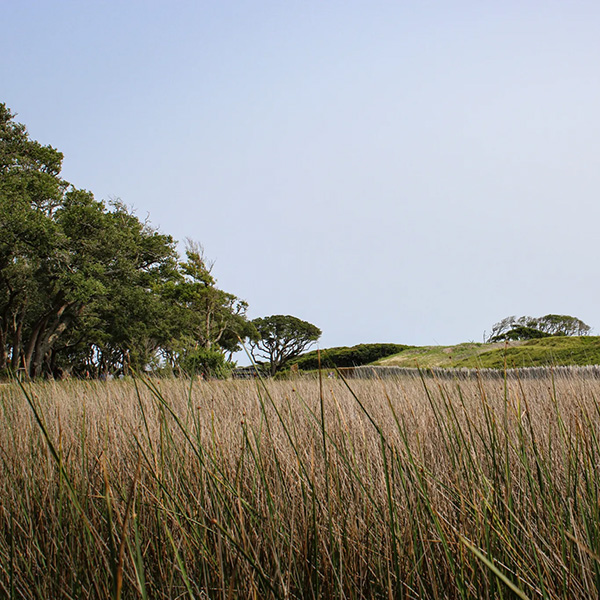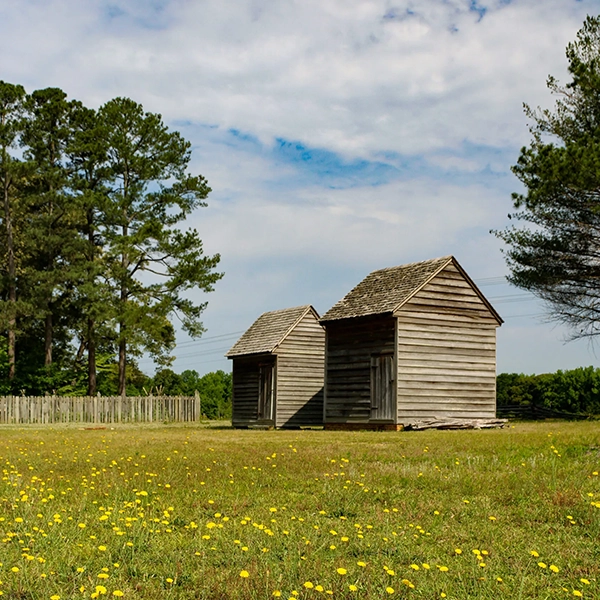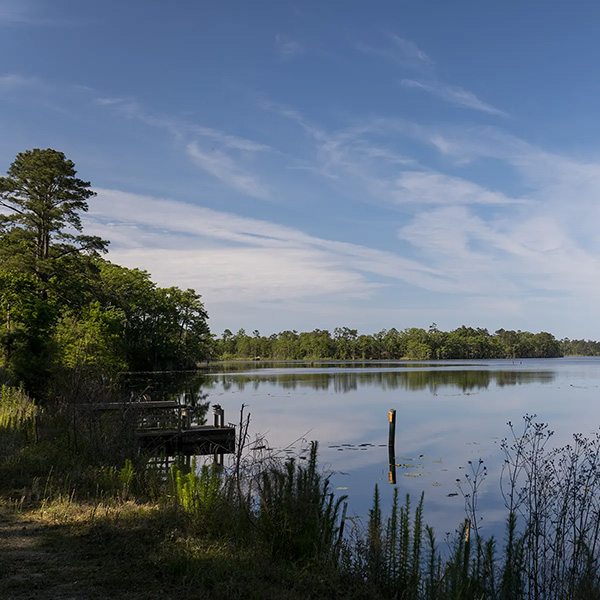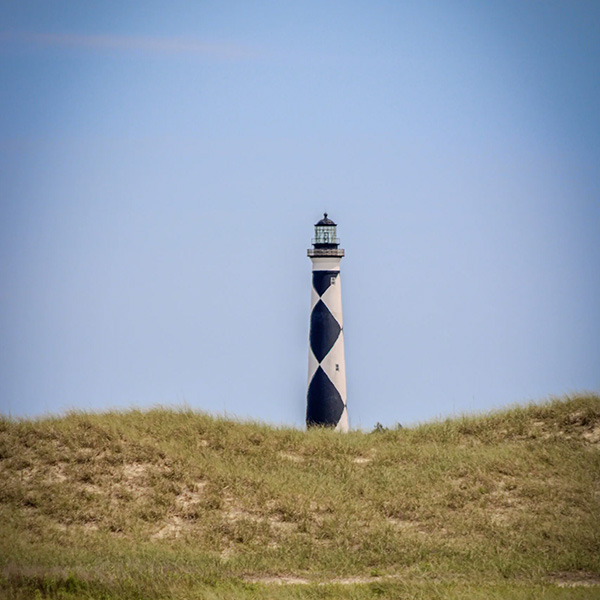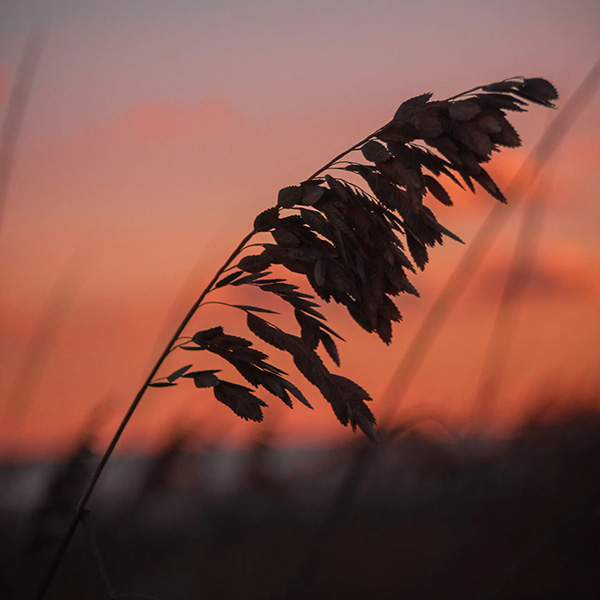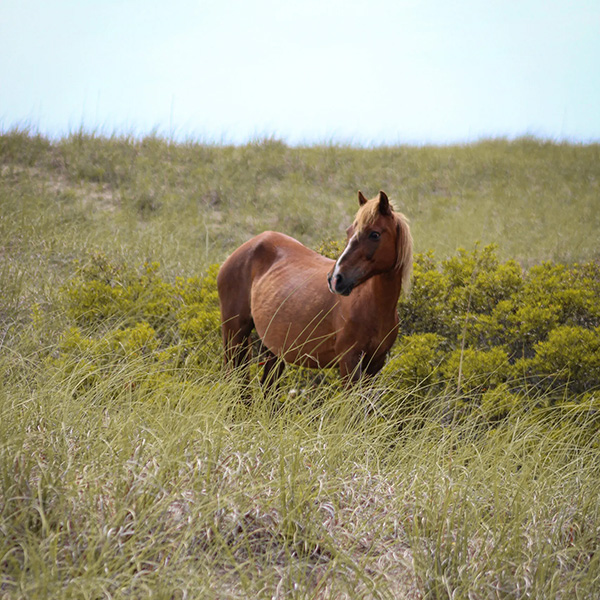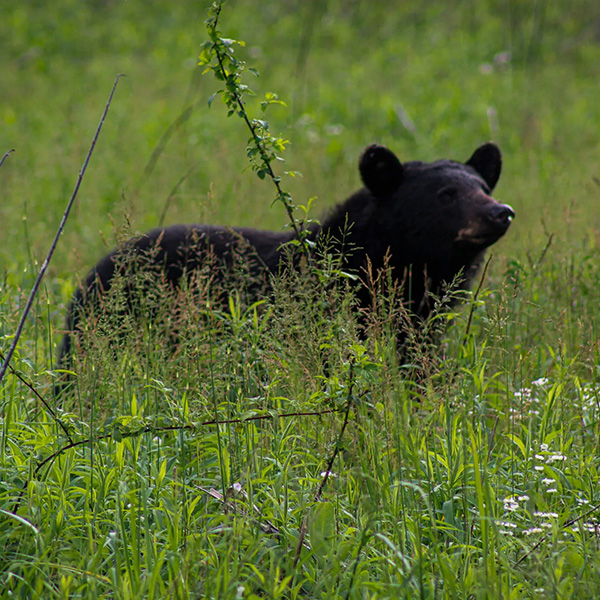
A couple of weeks ago, I made a heartbreaking trip back home to Canton.
I needed to go home. Sit on the back porch and stare out into the pasture.
Though I’m not even sure you can call it that anymore. It hasn’t been tended in years. The trees are creeping in, slowly reclaiming what used to be wide open and green.
Every time I go up there, the memories flood in. I swear I can still hear Mamaw clanging around in the kitchen, Papaw tinkering in the garage, and Daddy blasting classic rock. Their voices, their laughter—it all seems to ride in on the breeze.
If their spirits are anywhere in this world, they’re there. They sit with me on the porch.
That’s something hard to explain to folks who didn’t grow up in a cove like mine— who don’t have their roots sunk deep into mountain soil.
And now, I’m on the verge of losing it.
I’ve been teetering on that edge since Daddy died. That’s when the wolves started circling. I’ve felt like a lamb waiting for the slaughter since 2009.
I spent most of my first day home crying on the porch.
Maybe the land’s been slipping away for a while, and I just didn’t want to see it. But when I looked to my left and saw the dirt path overgrown with bushes and weeds— it hit me like a punch to the gut.
It might sound silly.
But back in 2005, I wrote a nonfiction story about that old dirt path. About what it meant to me—and what I hoped it would come to mean for my girls. Sitting there, seeing that path being swallowed up?
It was enough to bring me to my knees.
I’ve dropped that short story below. Y’all take a moment to read it.
As for me? I’m geared up for battle.
Hillbilly feuds? I was born for them.
The Dirt Path
I stood there crying on the dirt path, halfway between my grandparents’ house and Daddy’s trailer. The mountains rose up around me like an endless sea of emerald-green waves beneath a cloudless sky. It was a perfect day. Mamaw’s roses were in full bloom beside the creek, their sweet scent wrapping around me like a shawl. In my sorrow, I cursed the beauty of it all.
I laughed bitterly through the tears. Halfway between two homes—that was a place I knew all too well. Growing up, I’d always felt stuck in the middle. And now, here I was again, standing on that same old path, alone and helpless. Just out of comfort’s reach. Proof that the more things change, the more they stay the same.
The bitterness braced me. I gathered up what little strength I had and dragged my feet up the hill. I wondered how many times this path had been walked. The grass was worn away long before I was born.
Papaw Cochran bought the land when Mamaw was just a girl. He raised Black Angus cattle, tended orchards, and grew vegetables to feed the family. The old barn still stood across the creek, a weathered reminder of those long-ago days.
My grandparents bought this piece of his farmland in the sixties. Papaw built the house himself for Mamaw and their growing family. My daddy and his sisters grew up there. Maybe the path was worn down by their footsteps. Or maybe by Papaw Cochran’s, walking up to visit.
When I lived with Mamaw and Papaw, I ran up and down that hill a hundred times a day—picking wildflowers, playing in the creek, climbing up in the pines. I’d lie in the lot and build castles out of clouds. That place was made for daydreams and soul searching.
In summer, the flat lit up with lightning bugs. As a little girl, I’d catch them and run up the hill to show Papaw. We’d put them in Mason jars, poking holes in foil for lids. Sometimes the porch glowed with green lanterns, Papaw surrounded by their light. Before bedtime, I’d walk them back down the hill and set them free.
Years later, after I’d grown and had a child of my own, Daddy set a trailer down on the flat. His younger children ran up and down the same dirt path. I was proud of him—for stepping up to raise my sisters—even if he never strayed far from Mamaw and Papaw.
I looked down at my scuffed-up New Balance sneakers. It felt like a lifetime ago I’d raced up that hill with a jar full of fireflies. A wave of grief washed over me.
I wished I could rewind time. Be six again. Be running toward the future instead of walking toward the beginning of an end.
I looked up and saw Papaw on the porch, sitting in his favorite chair, staring out across the field. For the first time, I saw how old he looked. His button-down shirt hung loose on his frame, his skin thin and folded like worn paper. His face was solemn, his eyes cloudy.
He snapped me out of my thoughts with a cough. I looked back down at my shoes and forced myself forward.
Standing before him, I wanted to throw my arms around his neck and hold on tight, like I did when I was little. But instead, I asked, “Papaw, you okay?”
He looked up at me with teary eyes and said, “I reckon.”
“I’m sorry.”
“Why?”
My own eyes filled, hot and fast. I didn’t want to cry in front of him. I didn’t want my pain to become his. So I stared at the ground and kicked at the dirt.
“Sit down, Booger,” he said. His voice gave nothing away, even though his eyes held everything.
I sat beside him and followed his gaze into the pines behind the house. I wanted to reach out, to hold his hand, to tell him that people live for years with cancer—that he wasn’t dying. But instead, I fiddled with my wedding ring, sliding it on and off.
“I’ve lived a good life.”
“I know, Papaw.”
He turned to me, tears slipping down his cheeks. I’d only seen him cry twice before in my twenty-two years. My heart dropped.
“I tried so hard to protect you when you were little,” he said. “I loved you like you were my own. You are my own. I didn’t have a lot, but I tried to make you happy. Did I? Did I make you happy?”
He reached over and wiped my tears away.
So many memories crowded my mind. The man who taught me to bait a hook, ride a bike, drive a car—he wanted to know if I’d been happy. I thought of homemade ice cream, milking cows, picking strawberries. I thought of his Sunday morning sausage gravy that I could never quite get right, no matter how many times he tried to teach me. He never gave up on anything—not even me.

Papaw hadn’t just shaped my childhood. He’d shaped me. He didn’t just make me happy—he gave me a life rooted in love.
I looked up. His eyes were still searching mine.
“Yes,” I said softly. “Papaw, you made me very happy.”
He nodded and reached for my hand. We sat in silence, fingers laced, eyes fixed on the woods.
It didn’t last long. My baby sister hollered up from the flat that the baby was awake. I stood and hugged Papaw, not wanting to let go. But he pulled back and said, “Go take care of my great-grandbaby.”
I smiled big for him. “I’ll make sure Bug is taken care of.”
As I walked away, I glanced back over my shoulder. Papaw looked peaceful. That’s how I wanted to remember him. The thought caught in my chest. I wasn’t ready to lose him—not even close. I shoved it down. Bug didn’t need to see me crying.
I slowed my steps and tried to focus on something brighter.

Down in the flat, Bug stood with her nose pressed against Daddy’s screen door, curls bouncing as she babbled and banged her little palms on the glass. Daddy stood behind her, chuckling. She squealed, “Out!” as she smacked the door again.
I paused, watching them. Wondering how many times her little feet would wear this same dirt path. I pictured her making green lanterns with my daddy. I wondered if she’d love him the way I loved Papaw.
The way she giggled when he scooped her up, the way she smacked his face and stared into his eyes—that was answer enough.
A torch was passed that day. And even though I was losing something sacred, I could see the beauty in that.
I smiled, knowing Bug’s little feet would be the fifth generation to walk this hill. She’d keep the grass from filling in the dirt path.









